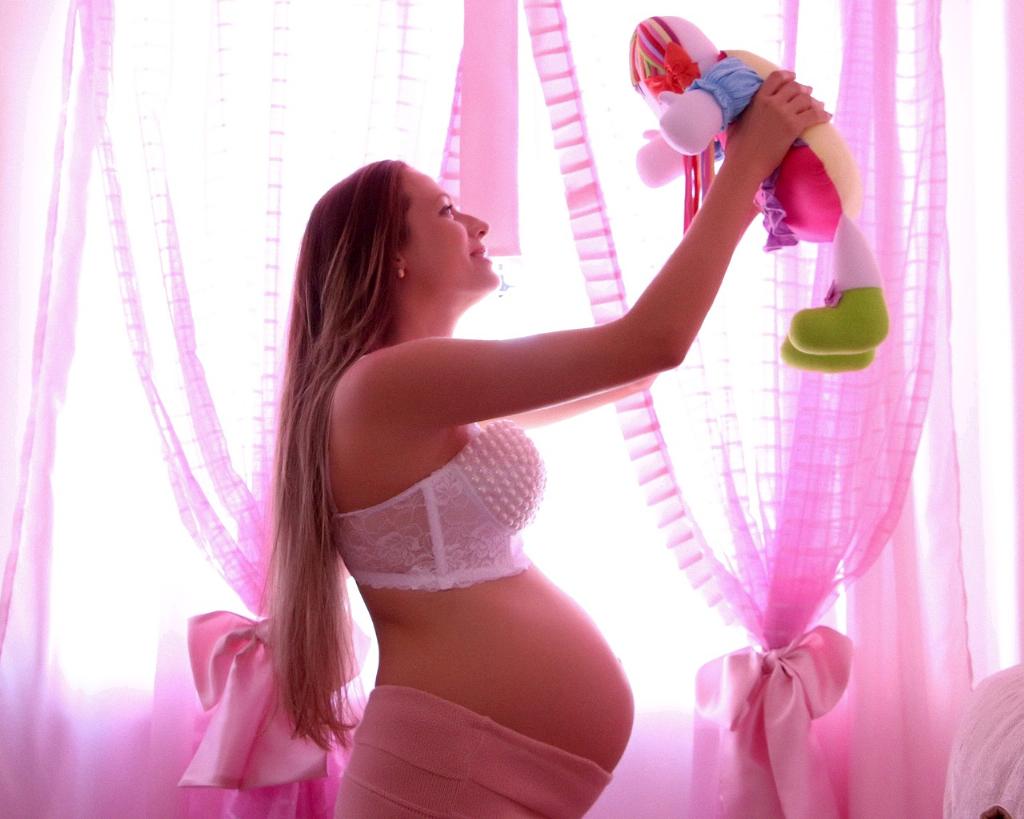When it comes to pregnancy, low blood pressure, also known as hypotension, can indeed have an impact on the health of both the mother and the developing baby. Studies have indicated that maternal hypotension during pregnancy, typically defined as blood pressure equal to or less than 110/65 mmHg, can potentially result in various complications that may affect the overall outcome of the pregnancy.
One of the primary concerns associated with low blood pressure during pregnancy is reduced utero-placental perfusion. This refers to the decreased flow of blood between the mother and the placenta, which can limit the delivery of essential nutrients and oxygen to the developing fetus. Proper blood flow is critical for the healthy growth and development of the baby, and any disruption in this process can have detrimental effects.
Furthermore, maternal hypotension has been linked to an increased risk of prematurity. Premature birth, defined as delivery before 37 weeks of gestation, can lead to a host of complications for the newborn, including respiratory problems, feeding difficulties, and a higher likelihood of requiring intensive care. The timing of birth is crucial for the baby’s overall health, and factors like low blood pressure can impact the pregnancy duration.
In addition to prematurity, low blood pressure during pregnancy has also been associated with low birth weight. Babies born with low birth weight, typically defined as less than 5.5 pounds, may face challenges in terms of growth and development. Low birth weight infants are at a higher risk of health issues, including respiratory distress, feeding problems, and long-term developmental delays.
It is essential for expectant mothers to be aware of the potential implications of low blood pressure during pregnancy and to receive appropriate medical monitoring and care. Regular blood pressure checks, prenatal visits, and discussions with healthcare providers can help in identifying and addressing any issues related to maternal hypotension. Managing blood pressure levels effectively is crucial for ensuring the well-being of both the mother and the baby.
Factors such as underlying medical conditions, lifestyle choices, and genetic predispositions can all contribute to the development of low blood pressure in pregnancy. Conditions like dehydration, anemia, and heart conditions can influence blood pressure levels, highlighting the importance of comprehensive prenatal care and monitoring throughout pregnancy. Proper hydration, a nutritious diet, and adequate rest can play a role in maintaining stable blood pressure levels during this critical time.
It is worth noting that while low blood pressure can pose risks during pregnancy, it is essential to differentiate between chronic hypotension and transient drops in blood pressure. Some women may naturally have lower blood pressure levels without experiencing adverse effects on their pregnancy. It is crucial for healthcare providers to assess each case individually and provide personalized care based on the specific needs of the mother and the baby.
Overall, the relationship between low blood pressure and pregnancy outcomes underscores the significance of comprehensive prenatal care, early detection of potential issues, and proactive management strategies. By staying informed, seeking regular medical guidance, and adopting healthy lifestyle practices, expectant mothers can help mitigate the impact of low blood pressure on their pregnancy and optimize the chances of a successful and healthy outcome for both themselves and their baby.

